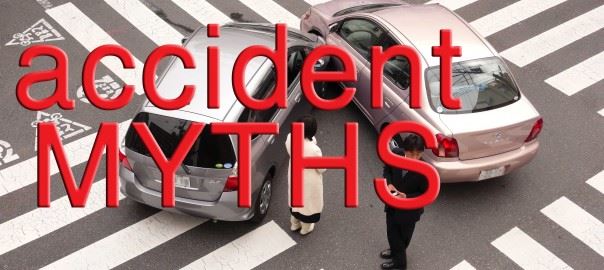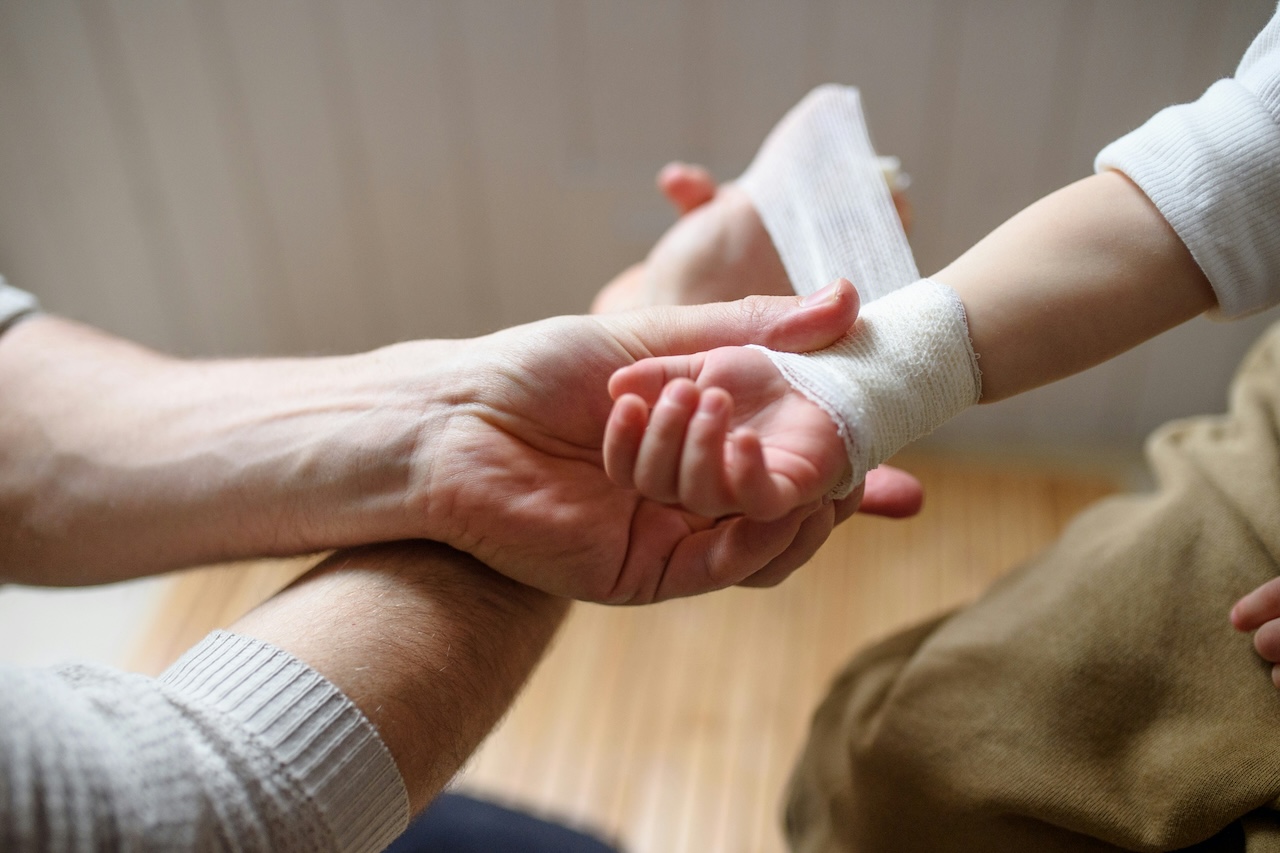Being injured in a car accident is bad enough but the many myths surrounding these types of cases makes it all the more complicated. Learn about the top 5 most common car accident myths and misconceptions. Courtesy of HG.org
MYTH #1: EACH STATE’S AUTO INJURY LAWS ARE THE SAME
Insurance rates are regulated by state-run agencies and vary widely from state to state. Some states require that you purchase liability insurance, some do not. Some states have no-fault law, while others have at-fault laws. No-fault laws tend to be widely misinterpreted by residents who find the details of who pays for what fairly confusing.
No-fault in its simplest terms means that regardless of fault, a car accident victim is entitled to certain benefits. For example, a person’s own auto insurance company pays for the economic loss from his injuries (medical bills and lost wages) after an auto accident, regardless of which driver caused the accident.
At-fault states take into account who was at fault for an accident, and to what degree, when determining what each person (and their insurance companies) will pay for injuries and property damage.
All of these factors affect an auto accident case including settlement offers, jury verdicts and even appeals.
MYTH #2: I CAN COLLECT PAIN AND SUFFERING DAMAGES SIMPLY FROM BEING IN PAIN
Some states have specific requirements that an injured car accident victim must first pass before she can recover non-economic (pain and suffering) damages from any automobile accident. This means that being in pain is not enough to receive compensation beyond your limited economic damages such as medical bills and lost wages. In order to qualify for additional non-economic damages in some states, the injured party has to have suffered any of the three types of injuries:
- Death
- Permanent serious disfigurement
- Serious impairment of body function
Read about all 5 myths at HG.org
Explore our articles on car accidents to find valuable information about accident statistics and a step-by-step guide on what to do after a car accident.
 Text Us
Text Us  Call Us
Call Us 







